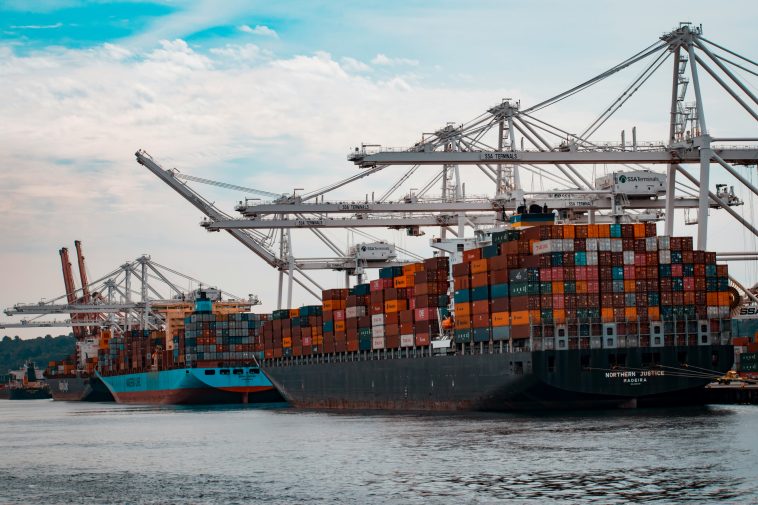
Our Projects are
Transforming African Trade
Quick Contacts
2nd Floor, Fidelity Insurance Centre Waiyaki Way, Westlands

Kenyan legislators have ratified a preferential trade agreement with the European Union (EU), resolving a longstanding issue with fellow East African Community (EAC) members who declined a collective agreement in 2016.
The Economic Partnership Agreement (EPA) will afford Kenyan merchants duty-free and quota-free entry into the $13.9 trillion European market. According to the EU, total trade with Kenya soared to $3.5 billion in 2022, marking a 27% increase since 2018.
As stipulated by the agreement, over the next 25 years, Kenya will progressively reduce tariffs on imports from the EU and offer incentives for European businesses to establish operations within the nation.
The trade agreement commits the Kenyan government to uphold international labor standards and incorporates clauses addressing climate change.
“The agreement contains binding, enforceable measures concerning international labor and environmental standards, including gender equality and climate change. It prohibits both parties from reducing these standards,” stated the European Parliament in a release dated March 1.
Following the European Union lawmakers’ endorsement of the partnership in March 2023, the Kenyan parliament ratified the Economic Partnership Agreement (EPA). The next step involves the trade minister, who is required to hold a public consultation before implementing the agreement.
“This is the inaugural agreement with a developing nation that mirrors the EU’s new strategy towards trade and sustainable development,” remarked the EU Parliament.
The EU imports goods from Kenya valued at $1.28 billion, including prominent items such as cut flowers, vegetables, and fruits. Kenya stands as one of the principal suppliers of flowers to the European market. Conversely, Kenya’s imports from the EU primarily consist of heavy machinery and minerals, totaling an estimated $2.1 billion.
The ratification of the deal arrives seven years after the initial halt in the implementation of the EU-East African Community agreement. While Kenya approved and actively promoted the deal, other member countries of the EAC declined to endorse it, concerned about the potential influx of low-priced European goods into their markets.
Read original article
Disclaimer: The views and opinions expressed in this article are those of the authors and do not necessarily reflect the official policy or position of TradeMark Africa.